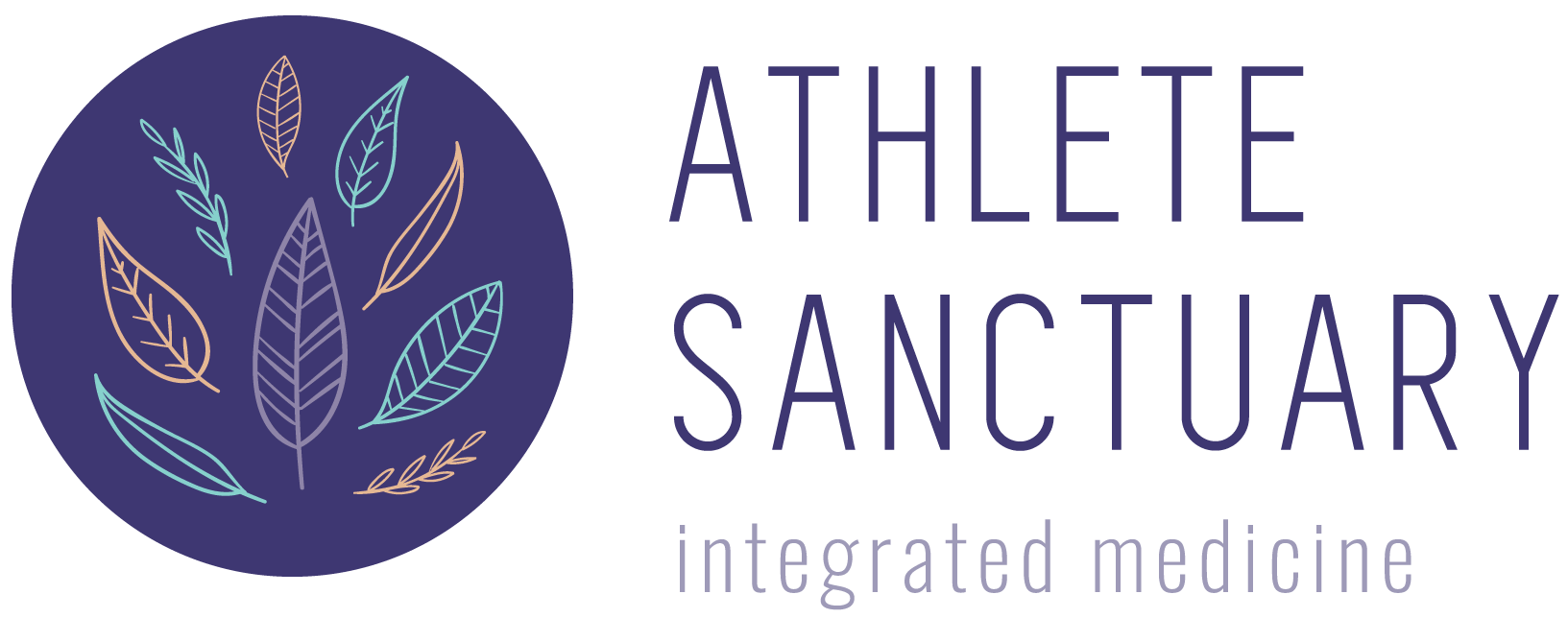Many women suffer from period pain and other PMS symptoms. But what most women fail to realise is that it is NOT normal to have severe period pain, heavy bleeding, breast tenderness or discharge, debilitating drops in energy or significant mood swings as part of premenstraul symptoms. A healthy balanced woman can observe her period without experiencing symptoms that impact her quality of life and ability to function. Pain is just one of the many issues women experience around their monthly cycle, however, it tends to be what prevents us from enjoying life the most.
In naturopathic medicine the overuse of NSAIDS (non-steroid anti-inflammatories) for menstrual cramping or period pain (dysmenorrhea) is cautioned as it may contribute to the erosion of the gut lining and contribute to a digestive condition called leaky gut where the tight junctions within the gut lumen come apart.
Commonly used NSAIDS such as Ibuprofen may provide temporary relief, but they may also suppress some of the compounds that look after your gut lining. Once damaged, the tight junctions in your gut start to drift apart creating a “leaky gut”. This then allows toxins and larger particles to enter the bloodstream and trigger an immune response, inflammation and gastrointestinal distress. This may go on to contribute to a whole range of systemic issues such as food intolerances, skin issues and immune dysfunction. The good news is that there are lots of great natural solutions for period pain.
Ultimately getting your hormones balanced will assist with the symptoms, but while you are doing that here are a few options to make you more comfortable:
- Athletes who are competing in their premenstrual phase may consider magnesium, zinc and fish oil at therapeutic doses for at least 5 days before their period is anticipated to reduce cramping and lower abdomen and back pain
- A hot water bottle or heat pack on your abdomen and/ or lower back
- Herbs such as cramp bark, turmeric and Black Cohosh may reduce PMS symptoms due to their anti-inflammatory actions and calming action on the uterus.
- Consume more anti-inflammatory foods like cherries, blueberries, avocado and chia seeds. Fish such as salmon, cod, mackerel, sardines, bream, snapper or flathead high in omega-3 fatty acids, are also healthy choices. Consume more calcium-rich beans, almonds, and dark leafy greens. These foods contain compounds that combat inflammation.
- Reduce coffee, refined foods and high sugar intake, bread, pasta and anything processed high in trans-fatty acids. These foods may contribute to inflammation and encourage period pain and tender breasts.
- Sipping chamomile tea may inhibit the pain-causing prostaglandins associated with PMS without the side effects on your gut.
- Seed cycling can help your body maintain a subtle balance and transition throughout your natural cycle.
- Ginger and cinnamon are our favourite remedies for period pain. Studies demonstrated these two natural wonders provide the equivalent pain relief as ibuprofen when taken at therapeutic doses.
- Fennel- Fennel extract can assist with severe menstrual cramps.
- A combination of both 100mg of vitamin B1 and 500mgs of fish oil daily for 2 months has been shown to significantly reduced period pain.
- Exercising-Most women find that exercising helps relieve menstrual cramps. Some women find yoga and tai chi are gentler forms of exercise that are more comfortable during the premenstrual phase.
As women, we need to consider our periods as the scorecard for our greater health. If you would like to understand how you can balance your hormones through practical nutrition, and natural medicines we welcome the conversation.
About the Author: Kate Smyth is a Sports naturopath, nutritionist and female-centric running coach. She is the founder of the Athlete Sanctuary- a holistic healthcare clinic for athletes of all levels and sporting codes. Kate has a thirst for knowledge with two bachelor’s and a master’s degree under her belt. She has been involved in sports for many decades and competed for Australia in the Commonwealth Games and Olympic Games marathons with a personal best time of 2 hours 28 minutes. For more information visit www.athletesanctuary.com.au



